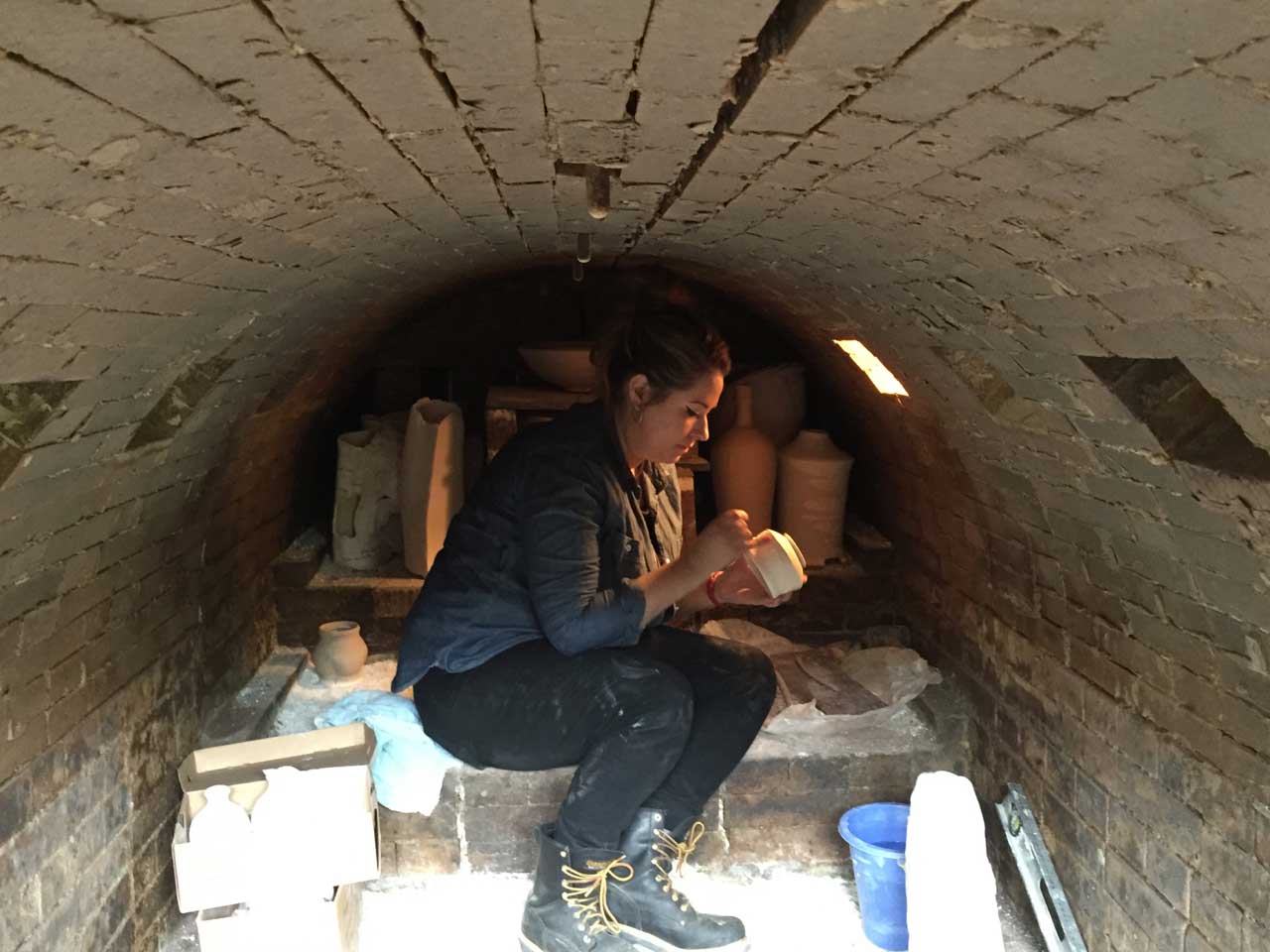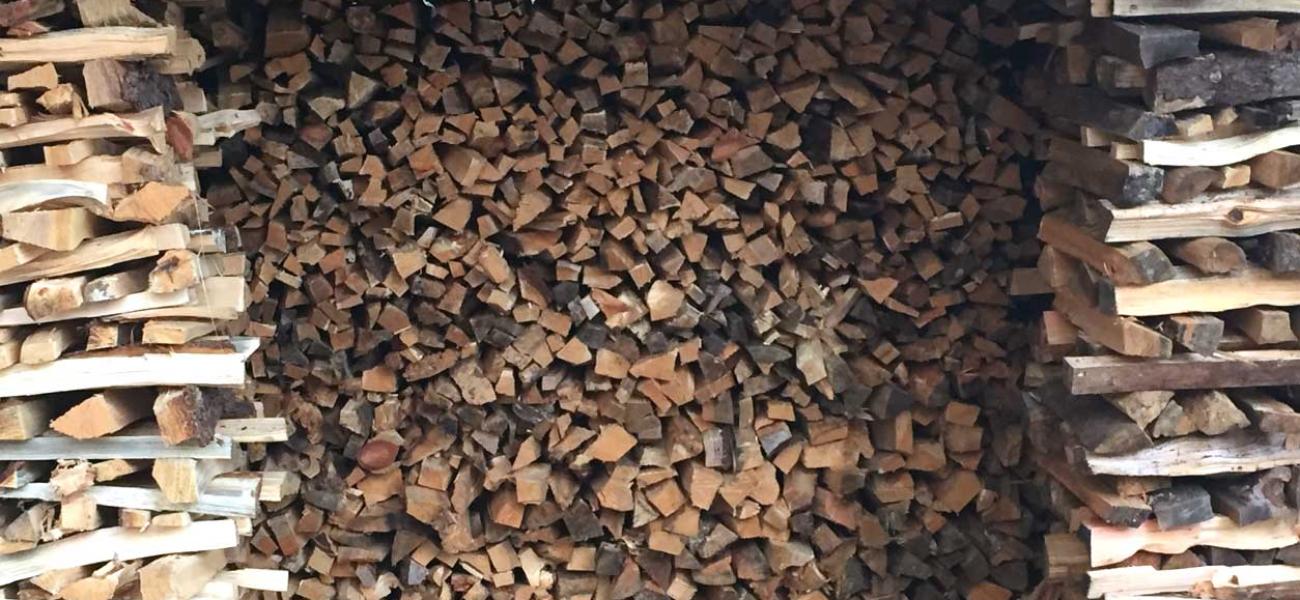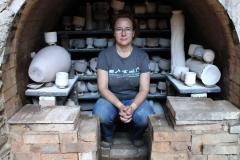 Fortunately, these days, potters and aspiring wood-firers don’t have to own a kiln to wood-fire. Twenty years ago, there weren’t as many wood-fired kilns as there are today, and opportunities to learn were few. But now, there are hundreds of kilns in the United States. In addition to private kilns, there are teaching kilns at craft centers, universities, community colleges, and collectives. Opportunities range from weekend workshops and private firings to multiyear apprenticeships and degree or nondegree academic programs.
Fortunately, these days, potters and aspiring wood-firers don’t have to own a kiln to wood-fire. Twenty years ago, there weren’t as many wood-fired kilns as there are today, and opportunities to learn were few. But now, there are hundreds of kilns in the United States. In addition to private kilns, there are teaching kilns at craft centers, universities, community colleges, and collectives. Opportunities range from weekend workshops and private firings to multiyear apprenticeships and degree or nondegree academic programs.
Workshops are a great first step for a beginning wood-firer. They offer opportunities to fire with knowledgeable people in a pedagogical setting that cost far less than formal academic courses. Participating in workshops is also a great way to immerse yourself in the process for a short time, while networking with people who share your interest.
Craft schools such as Peters Valley School of Craft (New Jersey), Penland School of Craft (North Carolina), and Arrowmont School of Arts and Crafts (Tennessee) have many different types of atmospheric kilns and firing opportunities. Besides offering short-term workshops, many craft and clay centers offer residencies, assistantships, and work-study programs for professional development. They are designed for artists who want concentrated time to explore techniques and directions in their work, and provide some financial support.
Full-time, live-work apprenticeship requiring a commitment of a year or two at a time will appeal to those who want an intensive experience. Typically offered in limited numbers by established artists, apprenticeships work best when the artist and the apprentice feel comfortable with each other.
On the other hand, for those who want to fire occasionally, there are plenty of opportunities. Many wood-fire ceramists own kilns and invite others to participate—for a fee, for work exchange, or a combination of both. You don’t need a lot of experience to join a firing. Preparing for a wood-firing requires a great deal of work, but many hands make for light work. If the kiln is large, space is often rented out to participants, which helps pay for the fuel and assorted expenses of firing. A quick Internet search will turn up information about wood-fire potters and artists who open up their firings to the public, but the best way to learn about them is through word of mouth.


